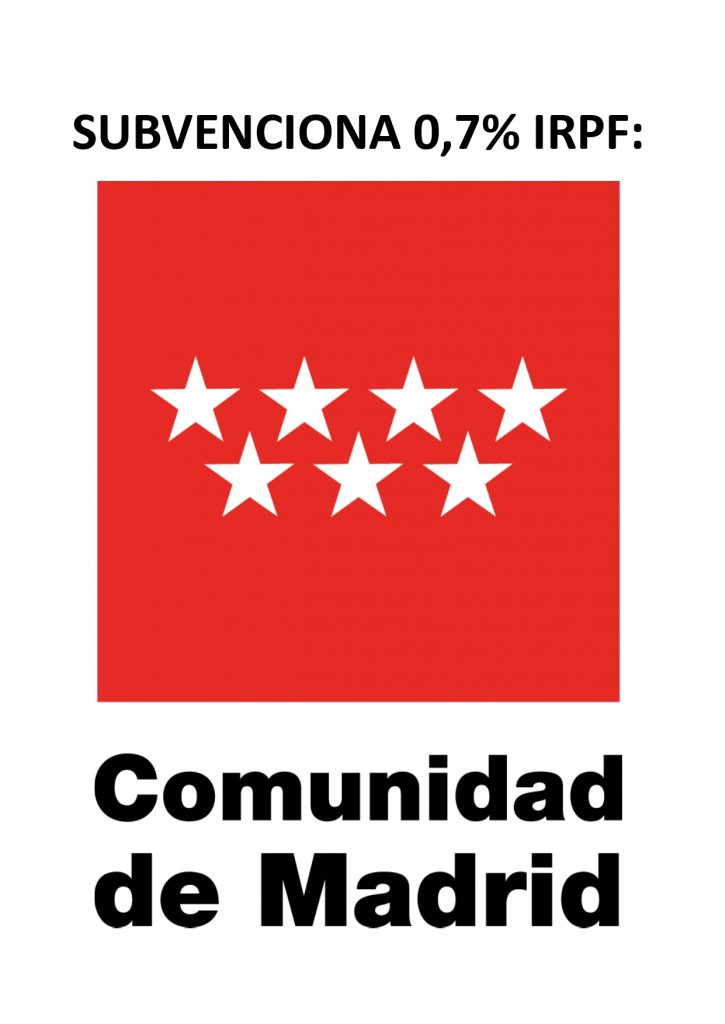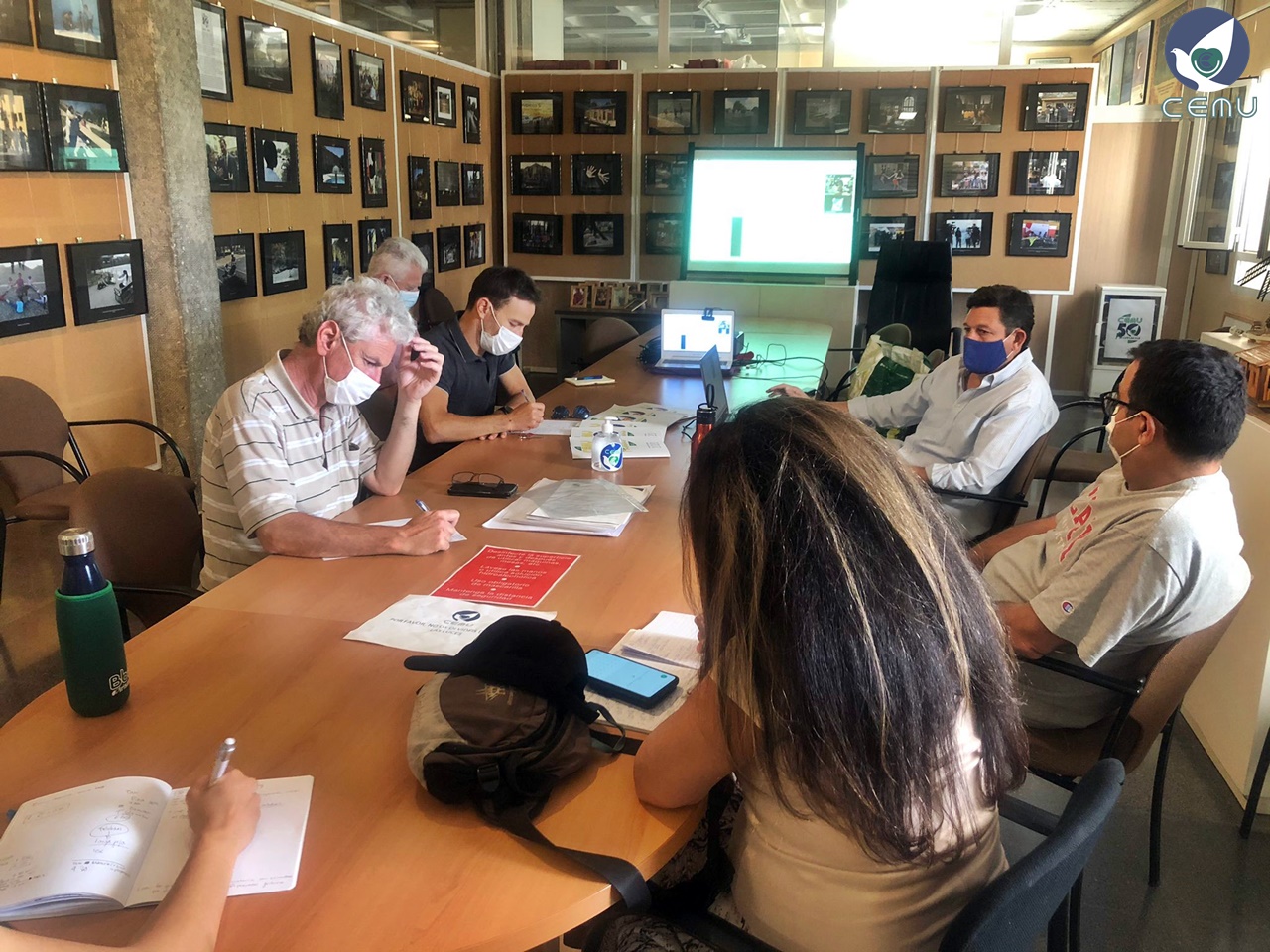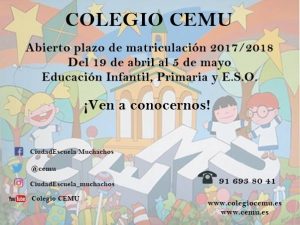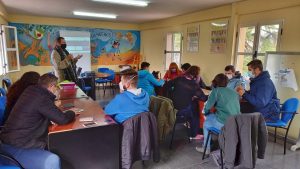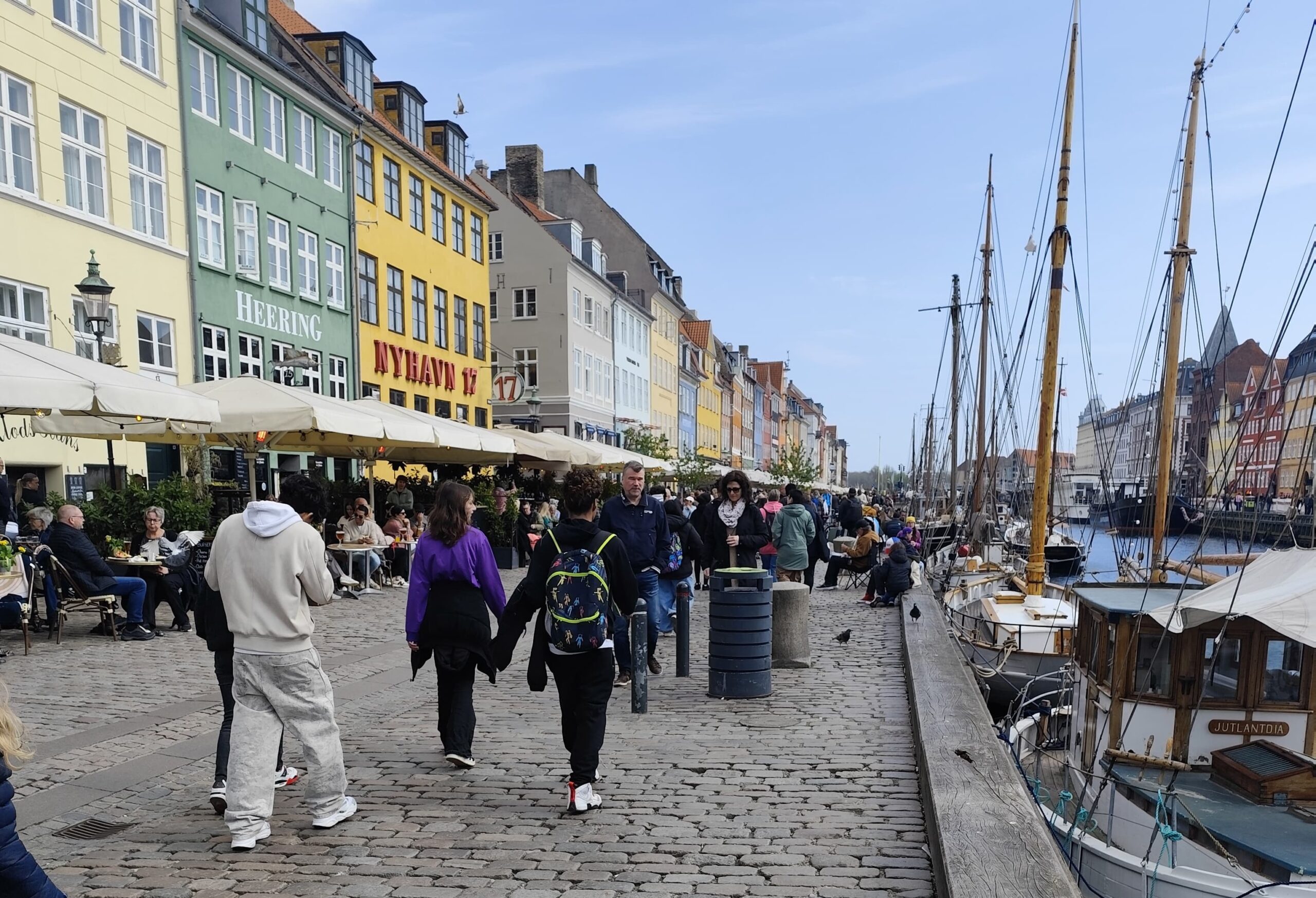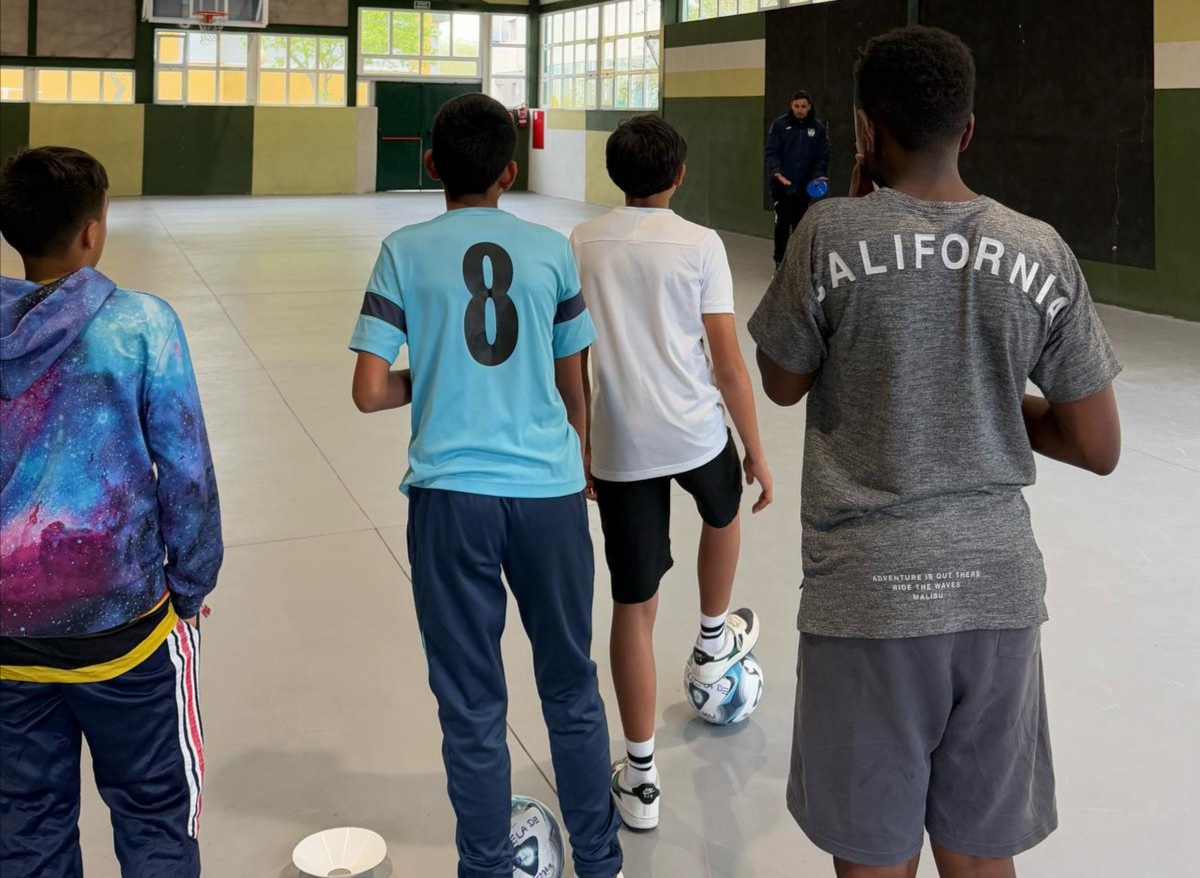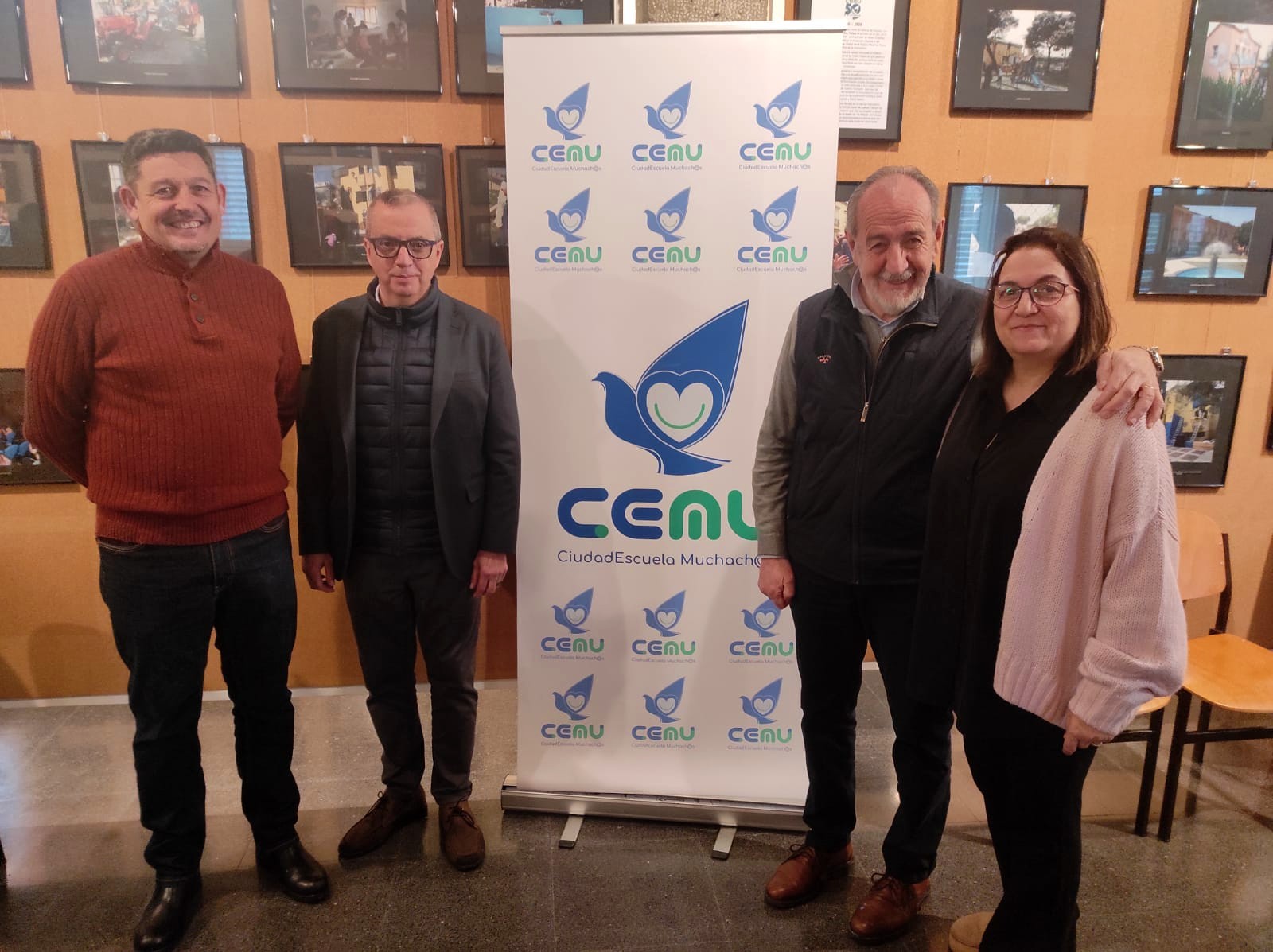“4angles4identity”, a model for the networking of European youth with multicultural backgroundsCEMU hosted partners and academics for this Erasmus+ project
This week, the Erasmus+ project “Methodology & Guiding Tools for the Narrative Construction of Identity of European Adolescents at Risk of Social Exclusion” concluded by focusing on the evaluation process. Evaluation is a key phase for Erasmus+ projects and, in this case, the partner organization has been carefully building the process during the entire project.
First, each activity in which the adolescents participated had the individual process of evaluation based on specific results produced by the participants that were collected in the web site www.idspace4you.eu.
Second, both young participants on the “4angles4identity” workshops and their youth workers from the four organizations involved in this implementation process (CEMU from Spain, Scambieuropei from Italy, Social Empowerment from Greece, and WOW Go Amsterdam from the Netherlands) did evaluate the project with two different and optional tools. On the one hand, a satisfaction survey was completed by the youth at the end of workshops; and on the other hand, individual reports from youth workers were filled at the end of the workshops and when the youth mobility event at CEMU in the summer of 2021 was concluded.
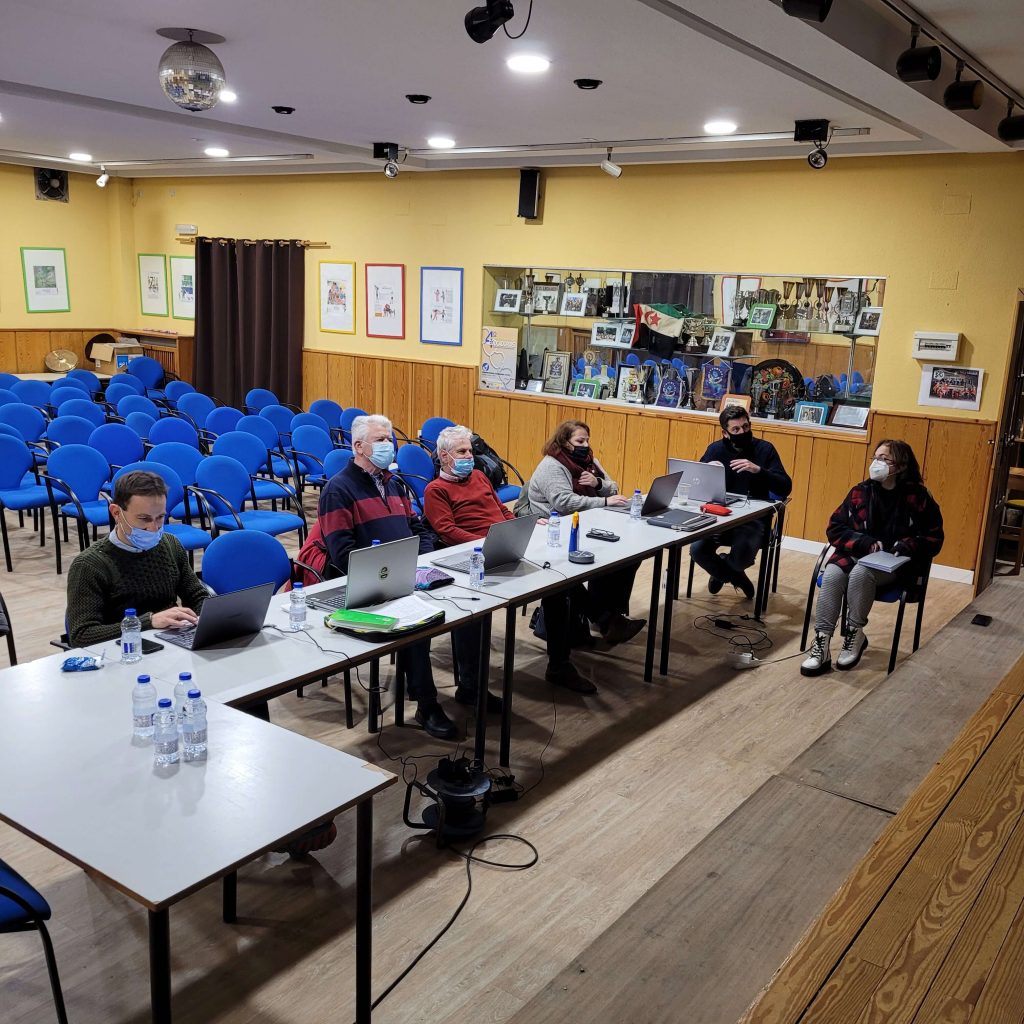
On November 29th and 30th of 2021, several meetings were held during the final transnational project gathering. Two main sessions with a hybrid format that lasted several hours and allowed organizations representatives to meet both in-person and online. In addition, small groups meetings were conducted during both days in preparation for the main sessions, as well as to foster the evaluation process among the partner organizations´ representatives and the members of the Academic Group.
Finally, the members of the Academic Group, a team of very experienced researchers in this field from several European universities, consulted on the morning of November 30th during a hybrid session in which few ideas were highlighted. They are preparing their conclusions that will be included in the final report to be submitted to the National Agency in Spain.
The first impression is that bringing together several partner organizations, academics, and personnel responsible for administering and overseeing the project implementation, the project has been clearly given much thought from the planning stage, as can be evidenced by the well-thought-out manner in which the project evolved. In addition, the project has been successful at engaging educators and youth workers from several countries with the goal of creating a context (both at the local level and in the digital environment), where young people from vulnerable backgrounds were enabled to increase their awareness about personal and cultural narratives and also be open to learn new ones.
The partner organization agreed to prepare a follow-up project to be submitted for a new grant to Erasmus+ next year. The NGOs partnering in the project “Methodology & Guiding Tools for the Narrative Construction of Identity of European Adolescents at Risk of Social Exclusion” would like to praise the European Commission for financing the Erasmus+ program which is proven as an important platform for young people to learn, grow and develop a sense of European citizenship.
